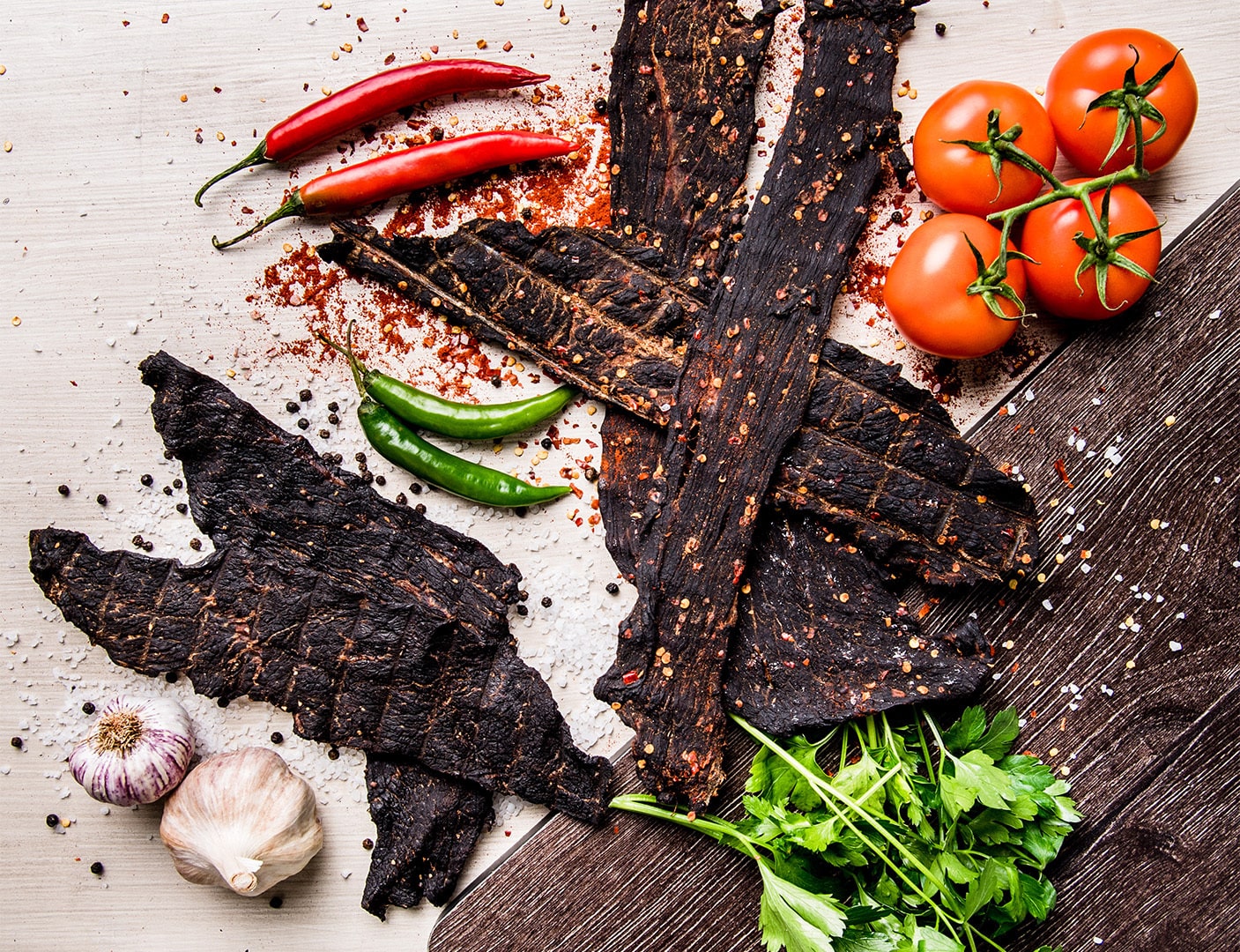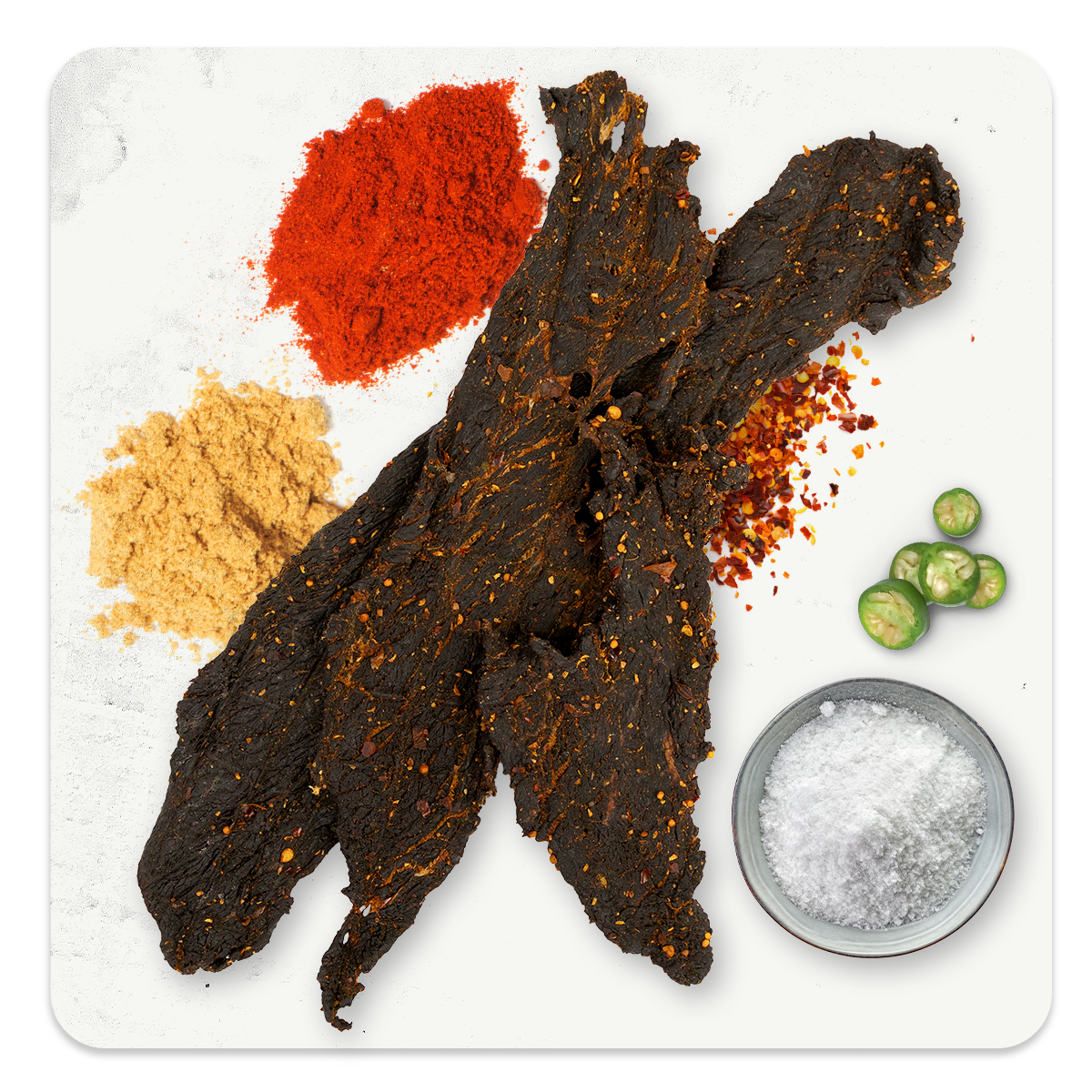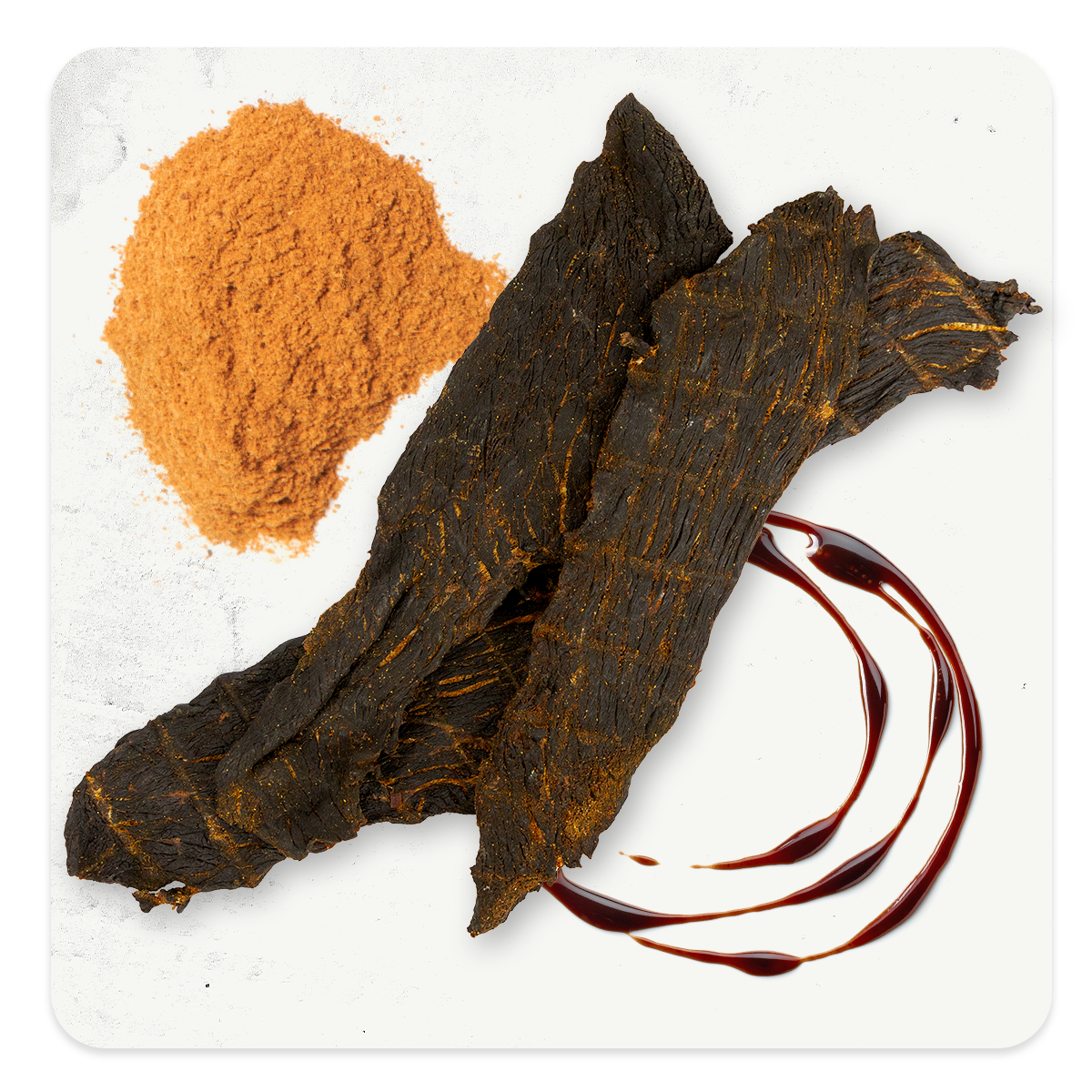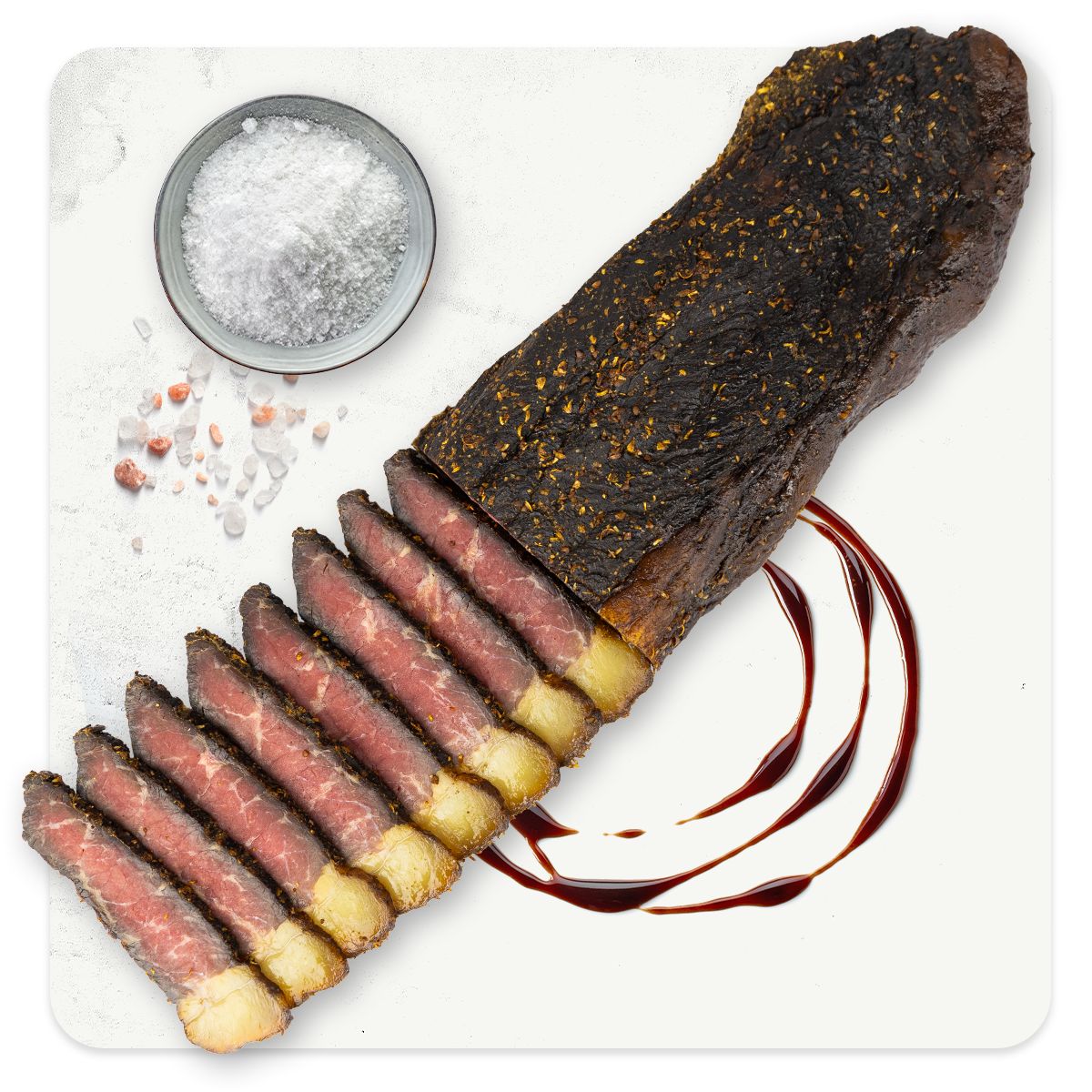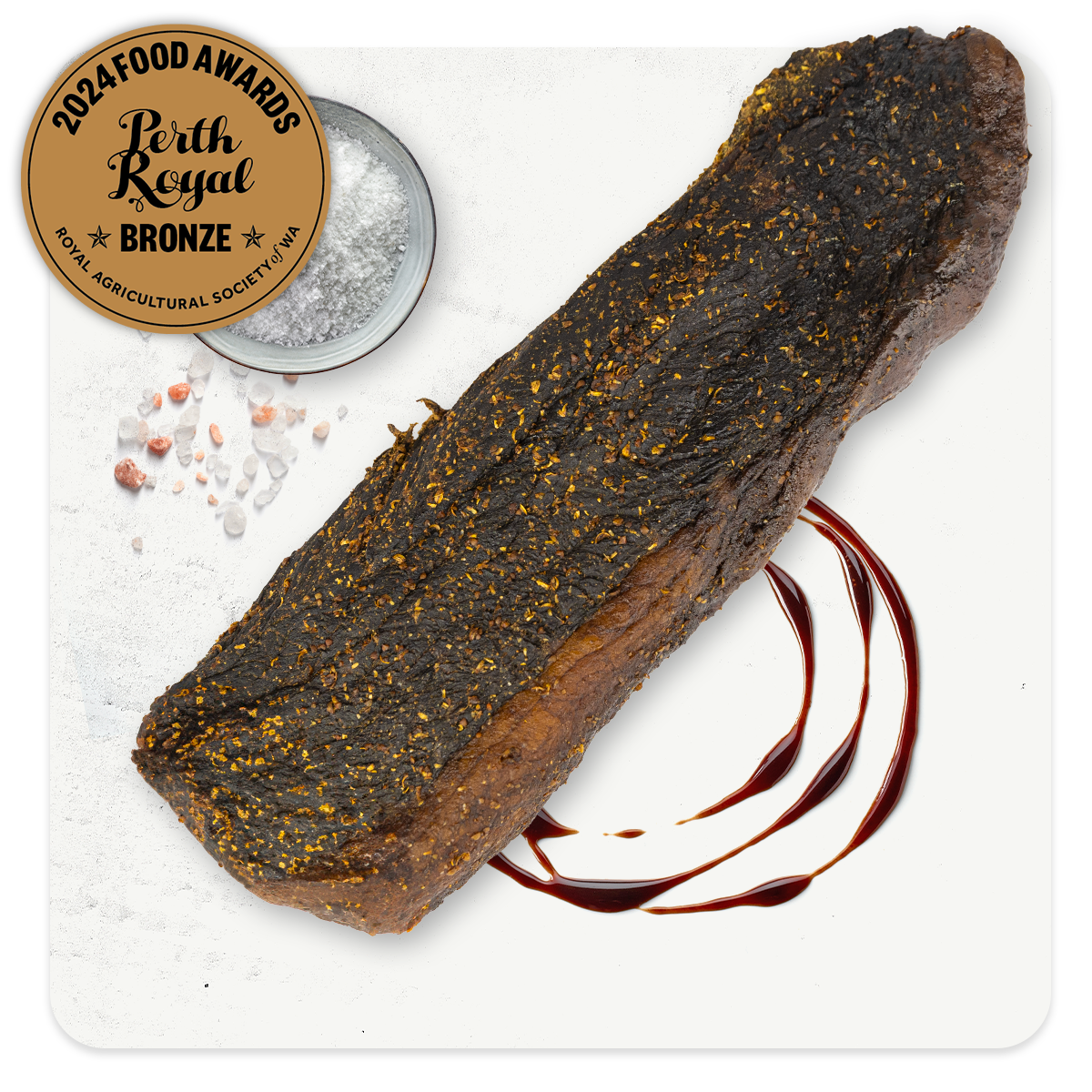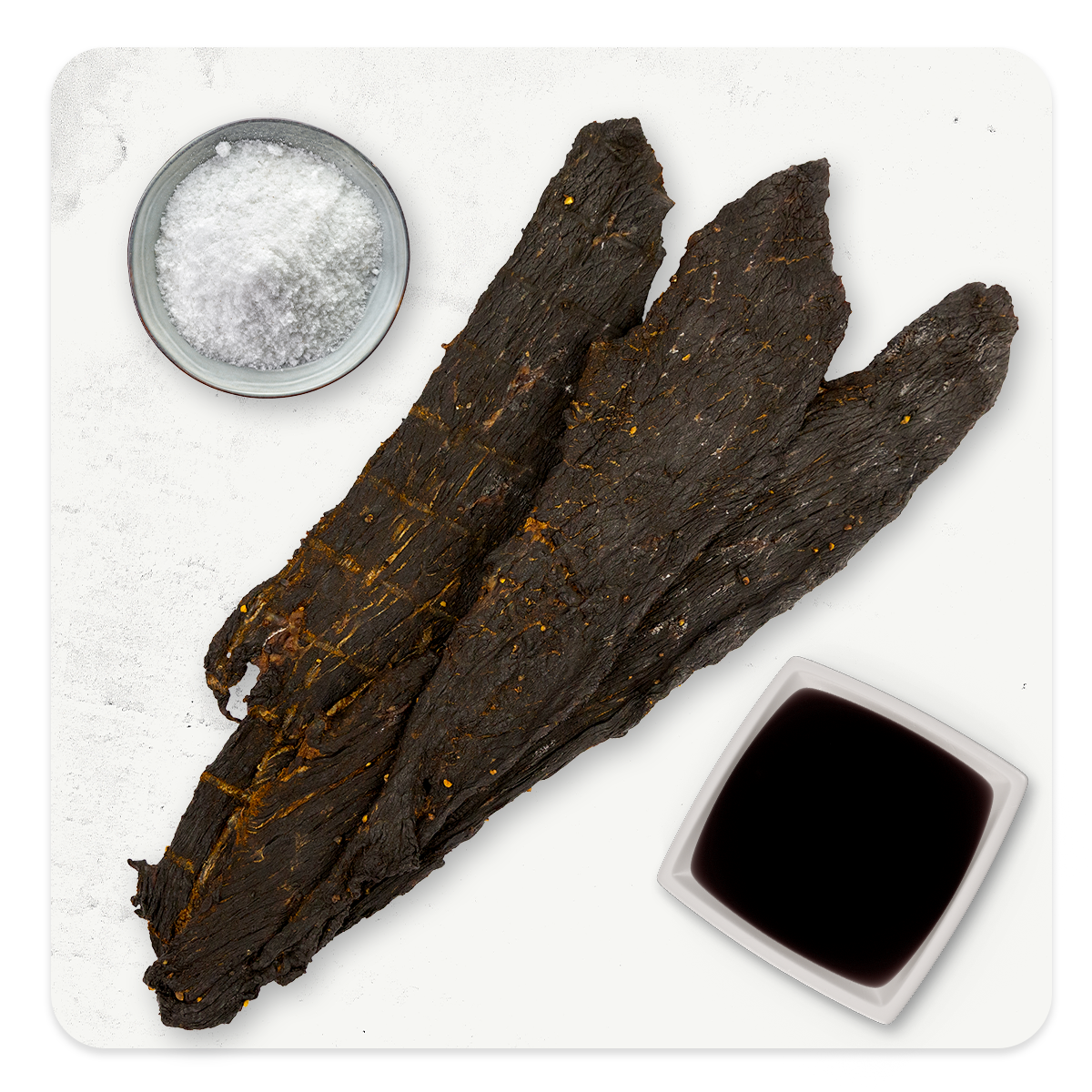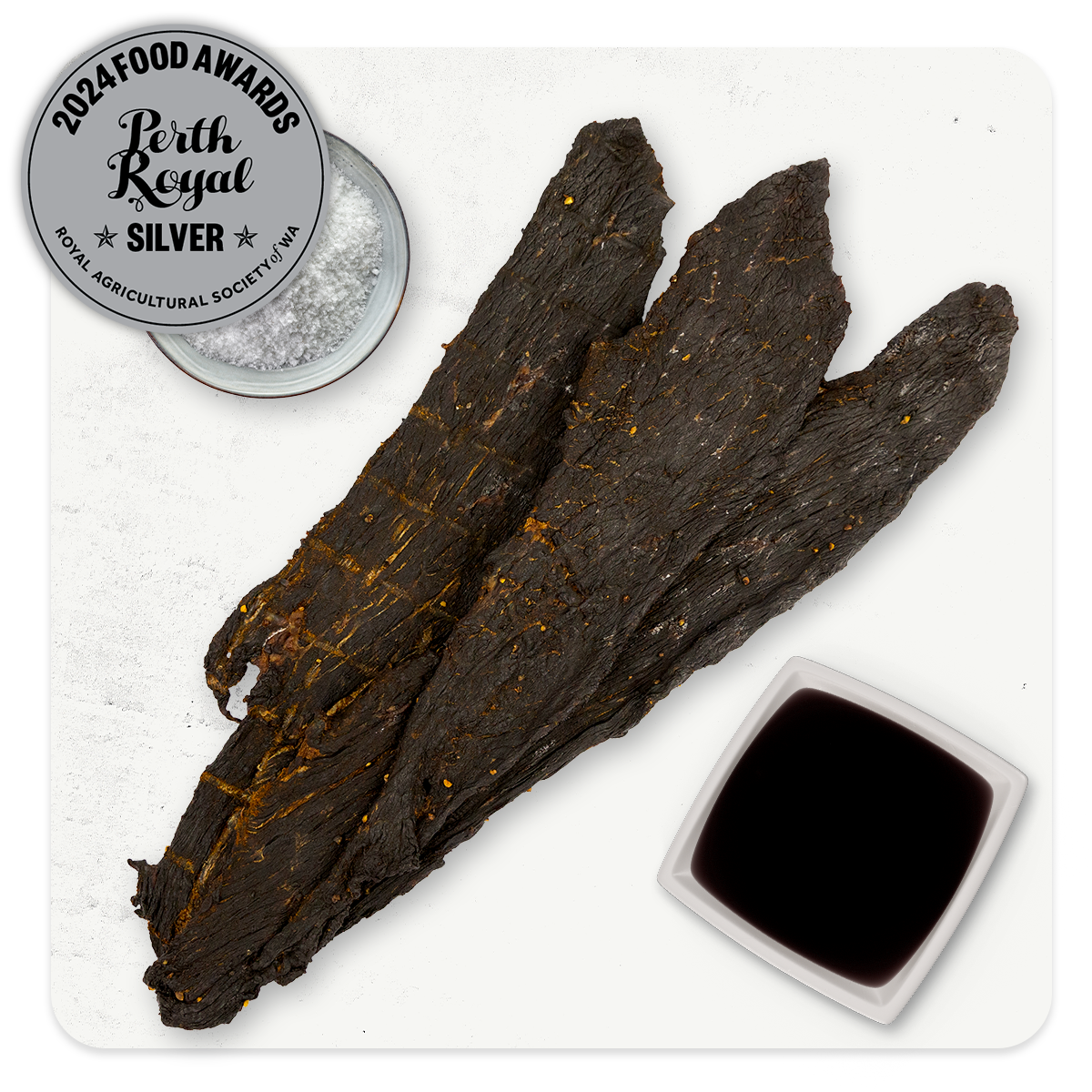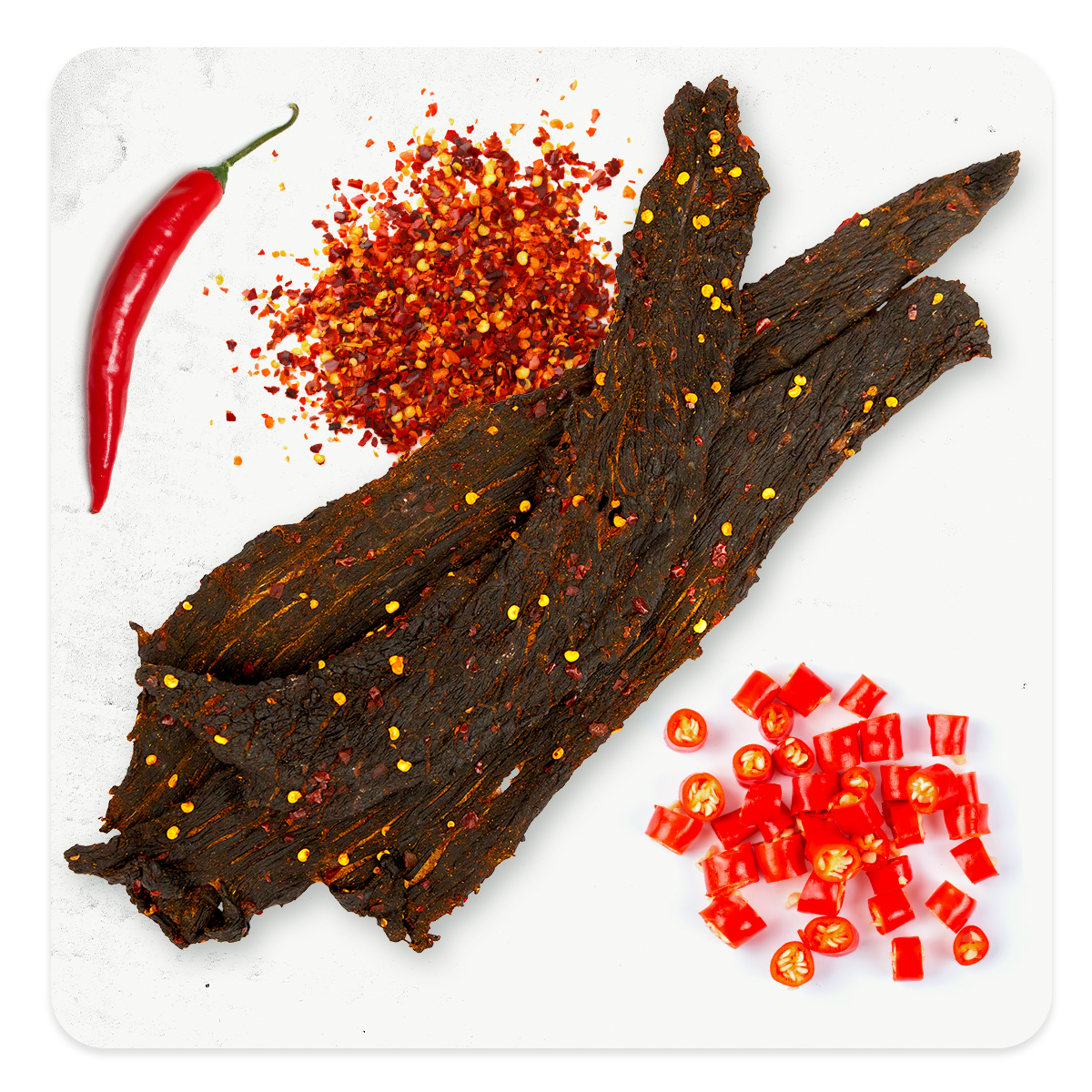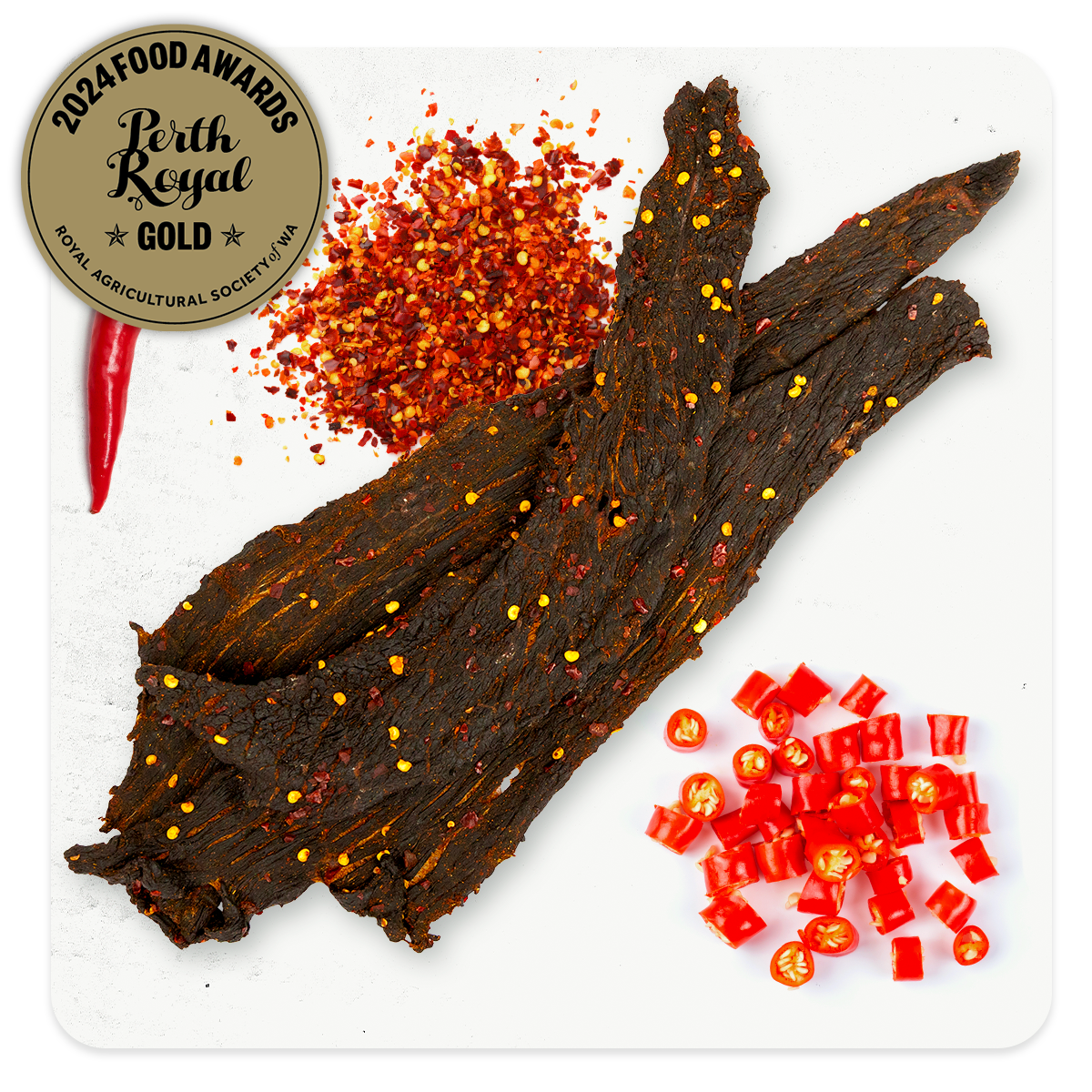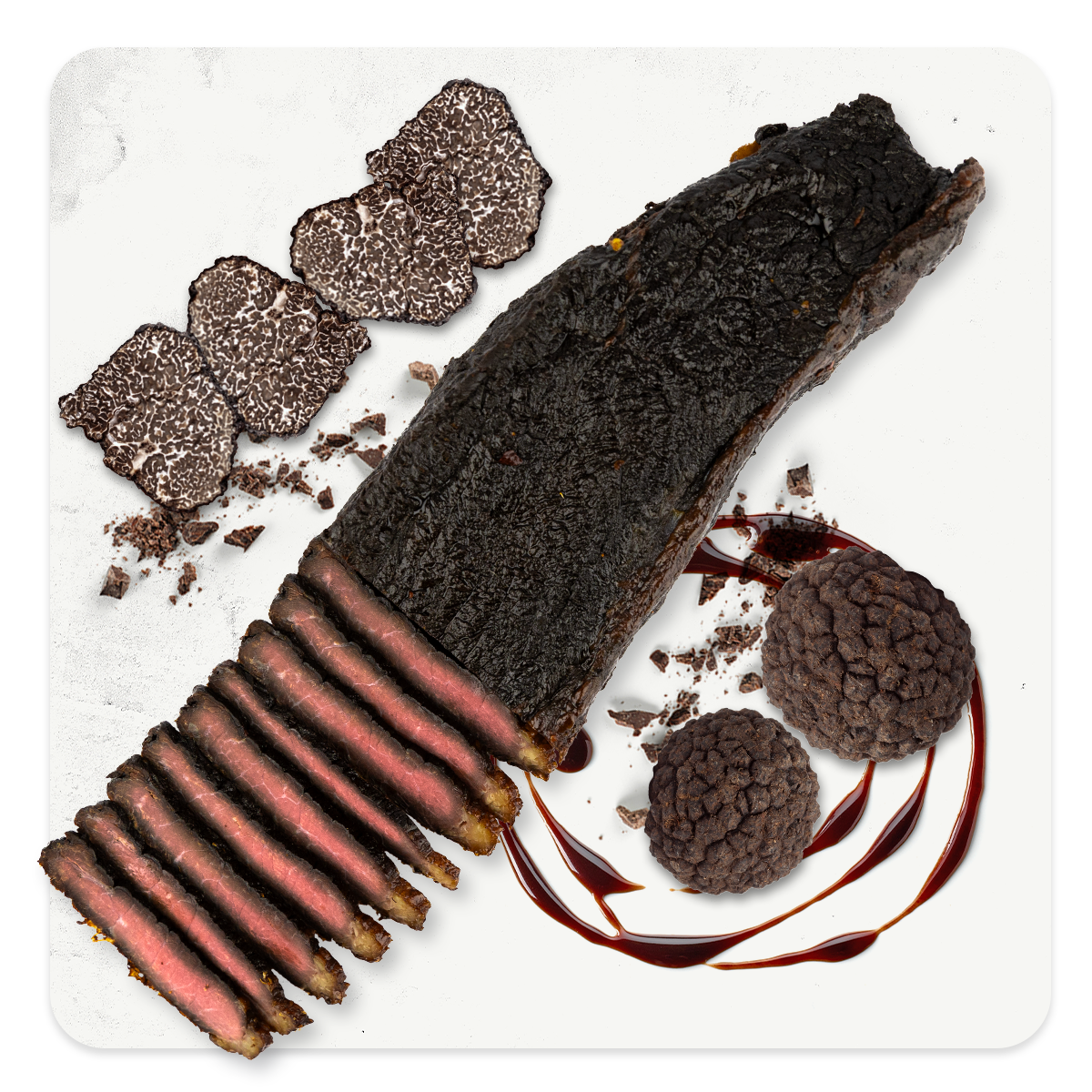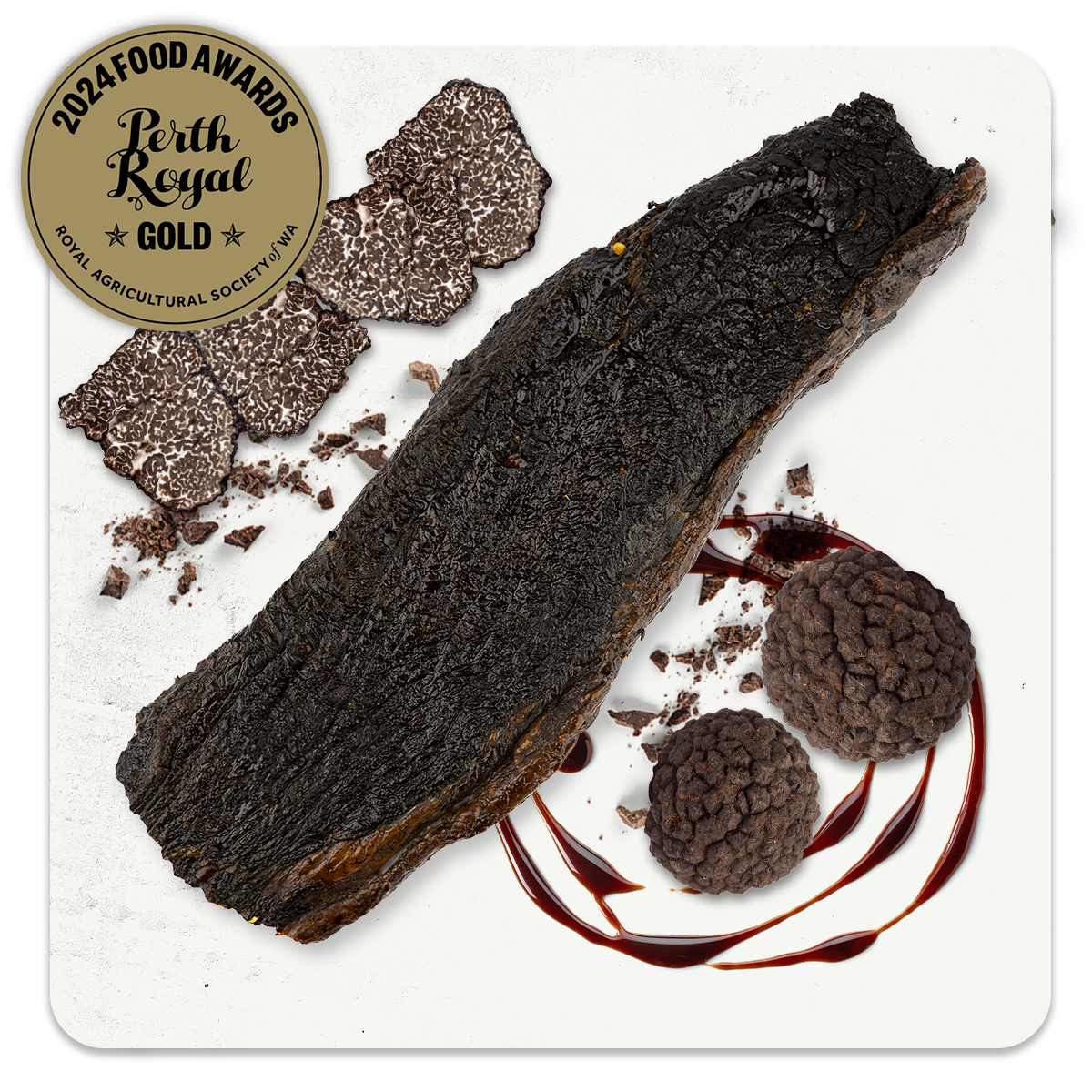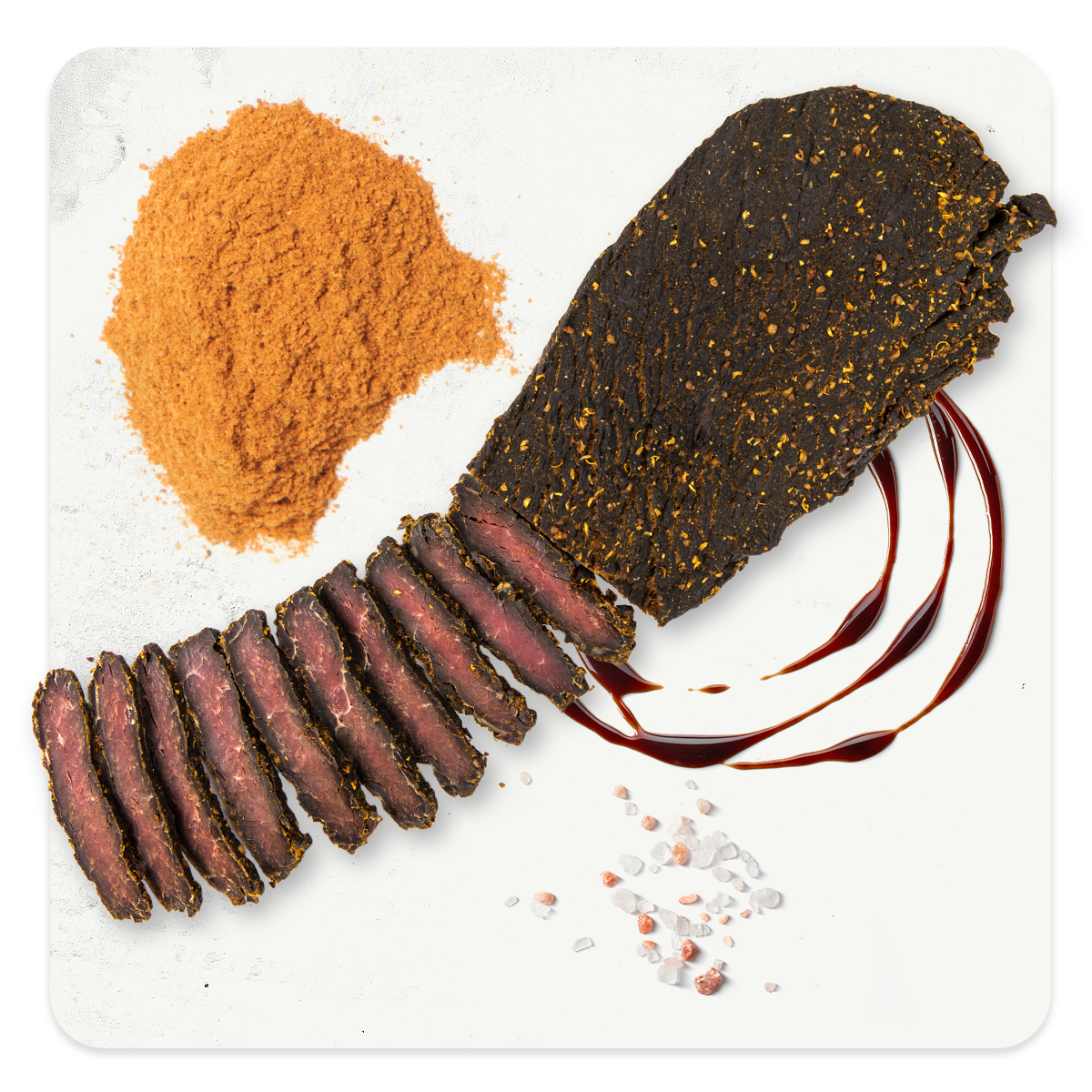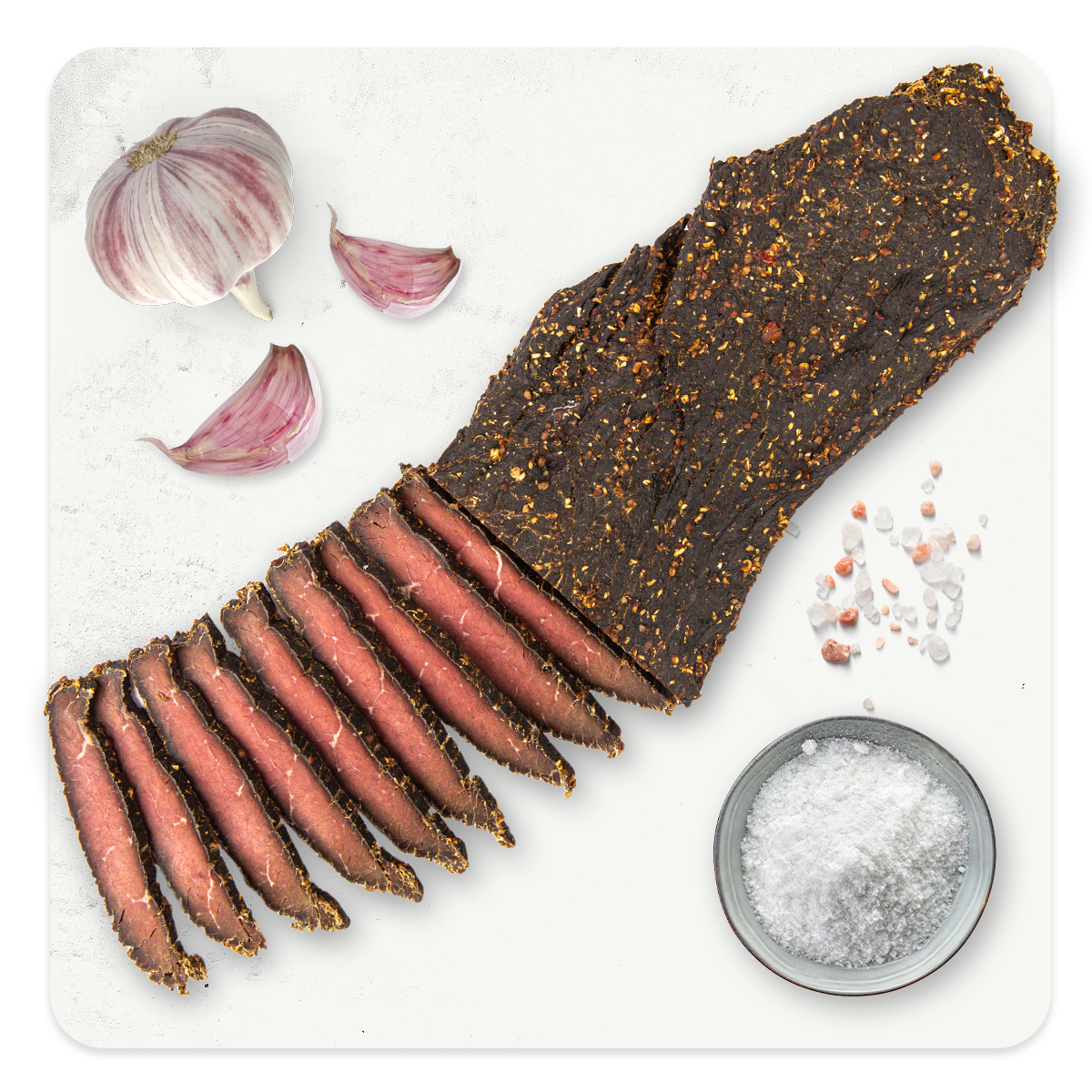Beef jerky truly is a global food, enjoyed by people in just about every country on Earth, but do you know where it originates? If you're aware of the modern day meat dehydrating process, you may be surprised to learn how far back this delicious snack goes. Forget about refrigerators, marinades and electric dehydrators—beef jerky predates all the inventions that we've come to associate with modern cooking.
When was jerky first created?
Preserving meat is a practice that can be traced all the way back to the ancient Egyptians thousands of years ago, but beef jerky as we know it goes back to the 16th century in South America. It was a simple, salted and dried meat product and was first created by South American tribes that lived in the Andes. It was named ch'arki by the Quechua tribe of Peru, so you can see how it came to be known as ‘jerky’ in the English speaking world.
It's believed that the cold environment at high altitudes made for excellent conditions to produce dried meat as the lack of microbes in the air protected the meat from becoming contaminated. This allowed the tribespeople to make bulk jerky that they could keep for long periods and rely on for fuel during the winter months.
Meanwhile, tribes in North America had developed their own process for preserving salted meat. Game animals such as bison, elk, deer and moose were most commonly used to create something called pemmican. Similar to jerky, it consisted of thin strips of salted meat that were dried over a slow fire or in the hot sun. Unlike jerky, however, it would then be pounded into tiny pieces and then mixed with rendered fat and sometimes even berries to create a meat preserve. These cakes or bars could be eaten raw, but were often used as an ingredient in stews.
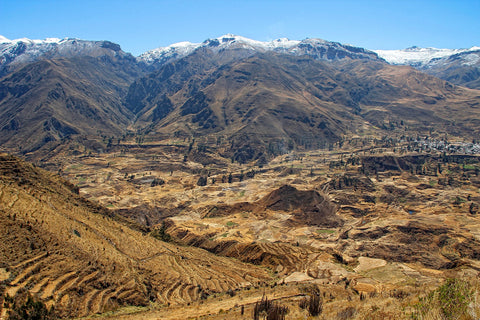
Why dry meat?
In our modern world we often take food for granted. We have an abundance of it, and we have fridges and freezers to put it in for storage until we decide to use it. We don't need to dehydrate meat, however, we may choose to because it makes for a delicious and healthy snack. But centuries ago, access to fresh food simply wasn't a guarantee for most people, especially among hunter/gatherer societies that didn't have the means to practice early forms of agriculture. As a result, it was essential to find ways to preserve food—particularly meat—so that it could be kept for when it was most needed.
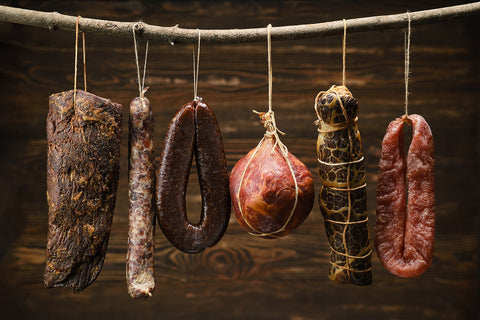
One of the world's most successful exports
In the centuries since jerky was first created, it has gone on to become one of the most successfully exported foods of all time, with just about every culture in the world enjoying some form of sliced, dried meat. Understandably, Native Americans made jerky out of whatever big game they could hunt at any given time, but jerky as we know it today is predominantly made from beef and flavoured according to cultural popularity. Here in Australia, we love our smokey beef jerky, among many other popular westernised flavours. Meanwhile in North America where sweeter flavours are more popular, BBQ flavoured jerky is a big hit.
Fortunately for you, at The Jerky Co we have a massive range of jerky flavours to suit every taste preference.
How is modern beef jerky made?
The principle is very much the same today as it was 500 years ago, only now we're a bit more conscious of food safety as well as efficiency. At The Jerky Co, we use local MSA grade beef to ensure the best quality jerky money can buy. Additionally, it contributes to the local economy in a sustainable manner, as opposed to importing inexpensive and ecologically harmful factory-produced meat.
We then add our own mix of flavours before putting it through the drying process until it has the perfect jerky chew. It's then immediately packaged to ensure maximum freshness until it ends up in your snack bowl.
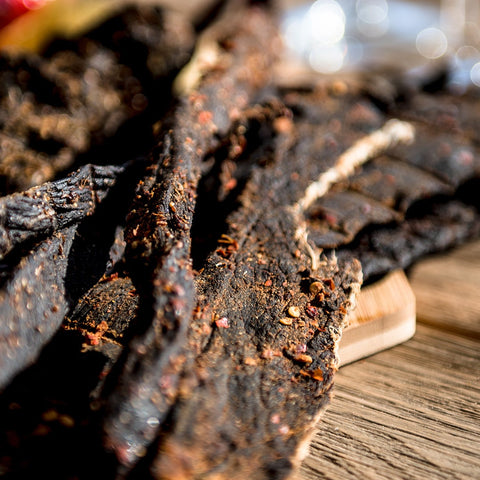
Perfect for safekeeping
We're often asked 'how long does beef jerky last?' We recommend that if you have any left over after you open the packet (which is unsurprisingly uncommon), then it's best to put it in a sealed container and refrigerate it for up to a week. Unlike many store bought jerky brands, we don't use any preservatives in our jerky, it's strictly beef and flavours. While it's probably good for a lot longer than a week, we recommend you don't leave it any longer than seven days.


